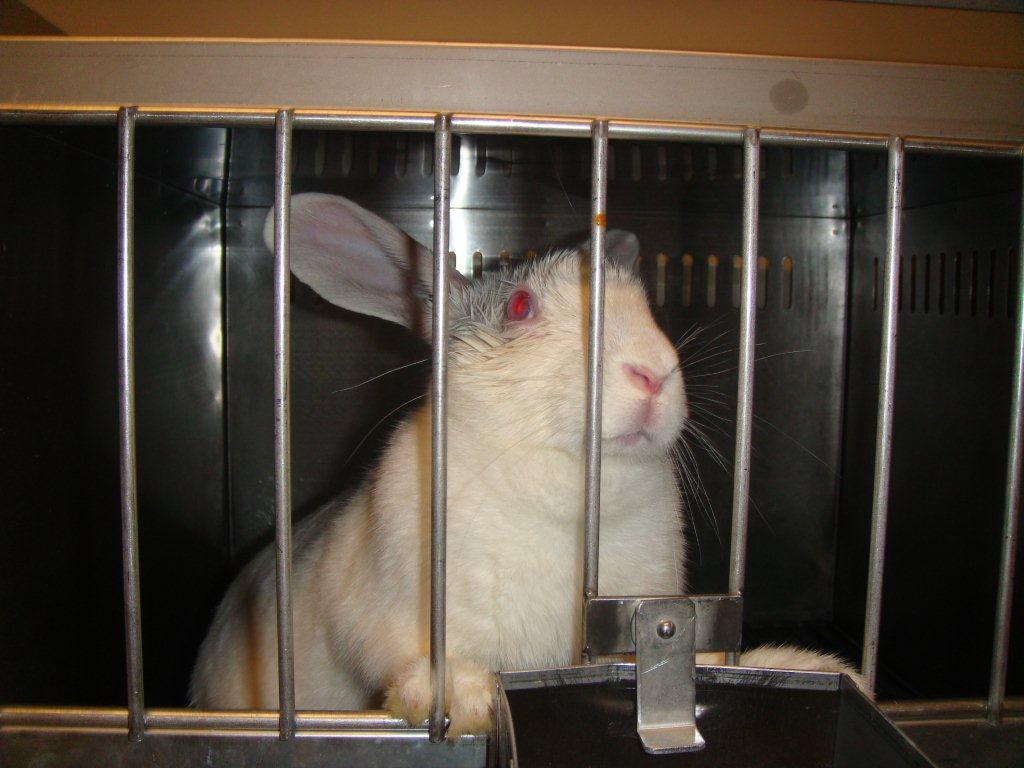UN INT Intro Text w/ Centered Large Responsive Image - *Important Note* You must UNLINK this shared library component before making page-specific customizations.
For more than two decades, Avon, Mary Kay, Estée Lauder and Revlon have been among the largest mainstream international companies on PETA US' cruelty-free list. Avon banned all tests on animals following PETA US' massive "Avon Killing" campaign, and Mary Kay pledged to go cruelty-free after cartoonist Berkeley Breathed mocked the company in his popular Bloom County comic strip. Since then, all four companies have enjoyed the support of PETA affiliates and millions of consumers who choose to buy cosmetics from companies that don't harm animals. But now, PETA US has learned that all four companies have been paying for tests on animals in order to sell their products in China – and they did not inform PETA US or consumers that their policies had changed. There was no choice but to downgrade them by placing them on PETA US' list of companies that do test on animals.

When PETA US learned that the Chinese government requires tests on animals before many cosmetics products can be marketed in China, the group immediately contacted the companies. While PETA US understands that China is an enormous market that these companies aren't willing to ignore, it had hoped they would take action to eliminate this requirement or push for non-animal testing methods to be accepted. Mary Kay had taken some steps to work with officials in China and, at PETA US' urging, promised to continue this effort – but Avon, Revlon and Estée Lauder (including its subsidiaries MAC Cosmetics and Clinique) appear to have gone along with the painful animal tests without objection.
Since PETA US first exposed the Chinese government's requirements for animal tests for cosmetics in 2012, PETA US has provided the expert scientists at the Institute for In Vitro Sciences with funding both to educate scientists in China on superior, non-animal testing methods and to provide government officials there with guidance on accepting non-animal testing methods and developing a five-year plan to accept the tests currently used in the US and Europe.
Fortunately, there are still more than 3,700 companies on PETA US' global "Don't Test" list whose products consumers can buy with a clear conscience.